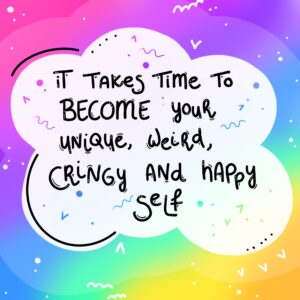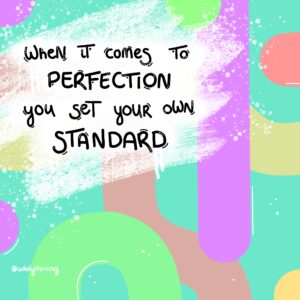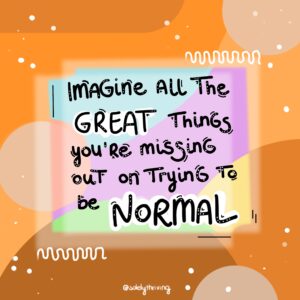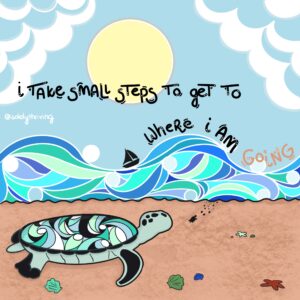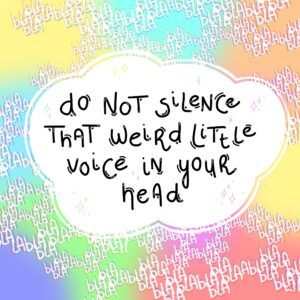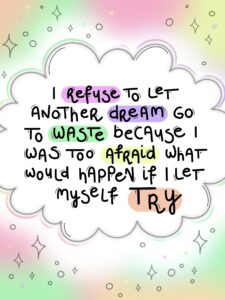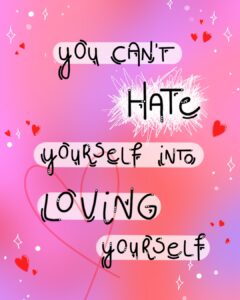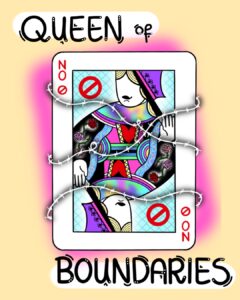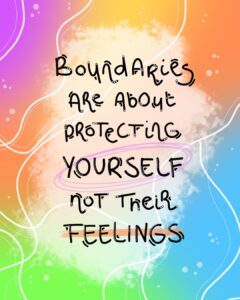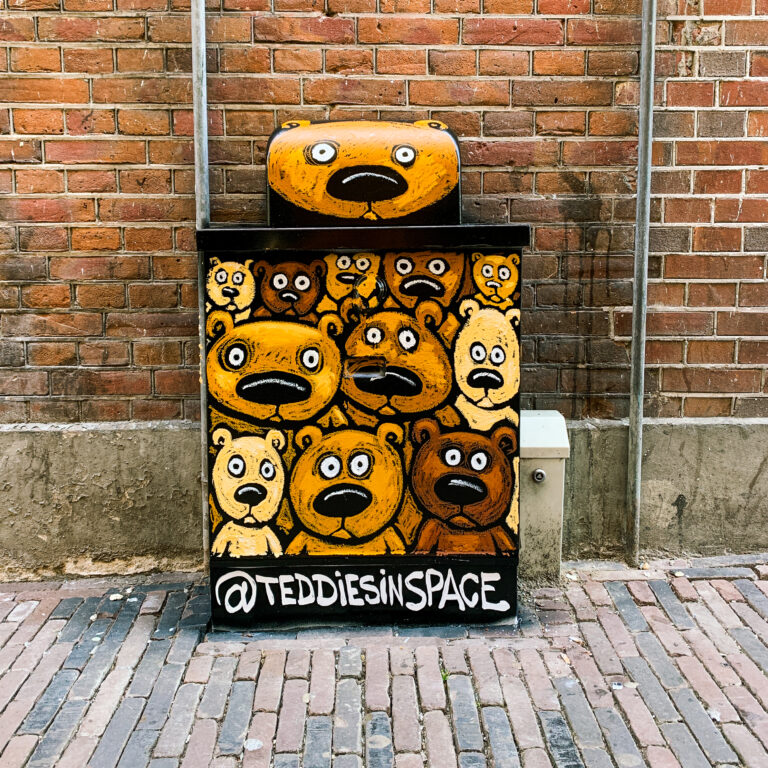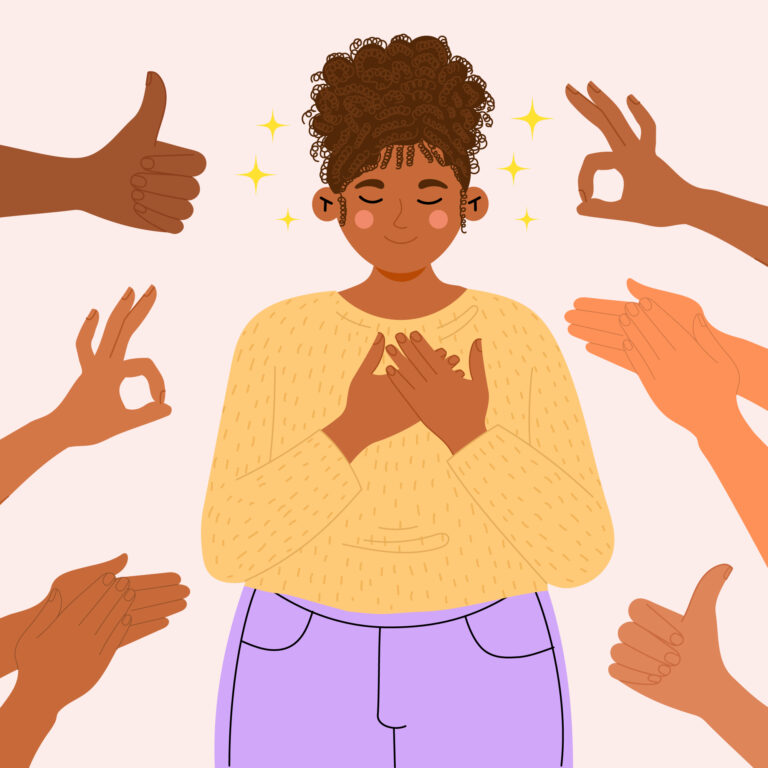Goal setting: how to set goals to finally succeed
Want to finally stick to those new years resolutions?
Achieving personal goals is HARD! Every year at the end of December, a lot of people commit to starting the new year right with resolutions that they end up forgetting about in March. In this post I’ll get into the skill of goal setting and with the free workbook attached to this post, you’ll be a pro ‘goal getter’ in no time!
I am going to tell you about some strange creatures that roam the earth among us. Mystical goal reaching creatures.
Creatures with the ability to just live the life they dreamed of.
These mythical beings could spontaneously decide that it was time to drastically change their life and the next morning they get up and do everything the exact same way they envisioned it. Because the voice inside them told them to.
The craziest part of all this? They’re just as human as you and I.
And this rare species of human can also repeat this the next day and the next and the many days after that. They set a goal and then they actually do the work to achieve said goal. These people are reaching goals left and right, never wishing they could just be the person they desire to be because they already are.
I know, mind blowing right?
Short summary for quick readers
- Goal setting is necessary to help create focus. Goal setting gives you a sense of direction.
- You can set short-term, long-term or lifetime goals. The key is combining these three and breaking a lifetime goal down into short-term and long-term goals.
- You can set goals in different areas of your life: health, career, relationships, finances, personal development; it's important to focus on all these categories for balance.
- Be specific in your goal setting but don't get stuck on details. Be specific in what you want but leave some wiggle room to avoid disappointment.
- Evaluate your goals often to make sure you're not setting yourself up for failure. Does it seem too hard to achieve? Then adjust the goal accordingly.
- If you want help with setting goals and reaching them, you can get a free workbook or join the Solely Reaching Goals-Community.
* Free wallpaper download * Free wallpaper download * Free wallpaper download
* Free wallpaper download * Free wallpaper download * Free wallpaper download
Yeah…that goal reaching wizard isn’t me
Now, if you are one of those people then I congratulate you on being an insufferably annoying person (kidding). I am not one of these people. I fall into the category: participate enthusiastically for a few weeks and then conveniently forget what I was trying to do. From time to time I have these visions about the person I would want to be and the life I would want to be living but as soon as I start working on that I realize that sticking to the old, familiar me is way easier.
Sounds relatable?
You probably also imagined yourself as a more successful version of yourself, who would work out everyday, eat healthy all the time and finally tell your asshole boss to ‘suck it’ so you could pursue your dream of traveling the world.
And here we are, you and me. Still the same as we were.
So what is it about the skill of setting personal goals that we just can’t seem to master no matter how hard we try? We create a LONG list of goals, we stand in front of our vision boards manifesting so hard that we almost pop a vein, and still nothing happens.
Then we give up and act like we did not want to adjust anything in the first place. We convince ourselves all is right and for a little while it is. The goals we wanted to achieve disappear. Until we finally realize something does need to change and we frantically google ‘personal goal setting’ just to start all over again.
Well not anymore, my friend. Because you have come to the right place.
We are going to set some goals and we are going to kick ass at achieving them this time.
Right here, right now.
Why should you be setting a goal?
If you are anything like me, you probably would like to have an easy way out. You’re thinking: why do I need to do this thing that will take a lot of time and effort. Why can’t I just hang around and wait for the good things to come to me?
I get it.
If we don’t understand why we should do something then we definitely won’t feel motivated to start.
Think of yourself as a skilled archer. The target is the thing you are aiming for. That big yellow dot in the middle is where your focus is at and you will move your whole body and mind in a way that will make sure that your arrow will land in the middle of that small patch of yellow. You adjust your gaze, stance, fingers, arm and mindset accordingly; everything to make sure your arrow gets where it needs to be.
This is what goal setting does.
It makes sure that your mind and body are aimed at the thing that you want. Goal setting gives you a sense of direction, a target to which you can guide the process. If we set a goal we let our brain know that this is something we are working on right now. We make sure that everything inside us prepares to work towards this goal so we can make everything around us line up for this too.
Setting goals is important for indicating where you want to go in life. After that, you focus on the process to actually get there (If you want to know what all this ‘process’-talk is about you can get into that right here).
For the people sticking around for some goal setting advice; let’s get to it.
what kind of goals are we setting?
The possibilities are literally endless. Really! The sky’s the limit!
First of all you would have to decide on the time frame of the goal. These types of goals are short-term, long-term or lifetime goals. And the fun thing about these is: you can set them all at the same time:
Let’s say we are aiming to once in our life run the New York Marathon but we have never even ran to catch the bus (it’ll be back in 20 minutes anyway, so why bother?). The running of the marathon would be our lifetime goal. It is something that we want to do at some point so there is no specific time frame attached to it. But running a marathon is not something that we could just randomly decide to do one day. Not if we want to survive the event that is. So we would have to actually get better at running. This is something we can achieve by setting long-term goals.
Let’s get into the goals – big and small!
So one day we decide to start running and we would want to be able to run four miles in 30 minutes within a year: a long-term goal. Long-term goals don’t always have to lead up to a lifetime goal, you can also set a long-term goal and stop there, but to achieve a long term goal we always need short-term goals: these are the baby steps that will get us a little closer to where we want to be.
You can set short-term goals without it going somewhere; you don’t need the long-term goal for the short-term ones to work. Sometimes you just want to add something to your life without it actually being some bigger achievement. Like finishing one book every two weeks because you want to read more. That definitely works.
But trying to achieve a long-term goal without short-term goals is like teaching someone to swim by pushing them into the cold, deep ocean. The panicky flailing of arms can barely be called ‘swimming’ and there’s a very big possibility that they will drown. There is no guidance for the direction you want to be going in and so there is no behavior to follow that guidance. We want to make sure that after we determine a sense of direction, we also take ourselves by the hand and learn how to make small movements with both arms and legs until we execute a brilliant breaststroke.
Let’s work on not drowning, shall we?
In our example of the New York Marathon, the short-term goal would be to go for a run or two every week so we can slowly build the stamina and muscles to actually run the four miles we set for our long-term goal without collapsing. After we reach this goal we can then decide to run 10k and move the goal up until we get to the required 26 miles.
Goal achieved!
See? I said we would kick ass.
You can set so many different goals!
The timeframes mentioned above can be applied to all sorts of goals in different aspects of your lives. You can set goals regarding your health, career, relationship, finances or personal development. The best thing would be to set goals in all these categories.
Why?
Balance.
If you feed only one of your seven pets, you will end up with one very fat cat and six others that should not have been in your care in the first place. You do not want one aspect of your life to be very saturated while the other ones are starving. Set a goal or two (long-term, short-term, lifetime) in all of these parts of your life.
Your goals can be anything.
If you want to make a million dollars, then write it down. If your lifelong dream is to write a book then put it in there. The important question to ask yourself is: ‘What do I want and where do I want to be?’. Journal about it. Write about your future self and the life you would want to be living. Have your future self think about their career, their relationship, financial situation, etc.
Don’t hold back! You get to decide.
Don’t let judgment influence the goals you’re setting; you want to live the life YOU want. Not the life others want you to live.
If you have a hard time figuring out how to find the things that fit you personally, maybe this blog about being yourself might help you get some inspiration and ideas.
Now onto the actual goal setting
Don’t worry. I am not going to subject you to the horrors of SMART goals or all the other techniques that make goal setting and working towards said goals feel like a fulltime job.
But we do need to pay a little attention to the way we set our goals. Because this is where it gets interesting.
We can all set some goals.
Believe me, if you have the ability to say: ‘I want to…’ then you have the skills needed to set a basic goal. In fact, we all do it at the end of the year to start our new year completely fresh. And usually we don’t reach those goals. But we’re here to actually do things differently.
With this last step, you make your goal into something you can achieve. Make it into progress that you can track and evaluate and make it into something that you can actually cross off your ‘to-do list’.
My, won’t that feel gosh darn GOOD?
Goal specifics, please
So like I said, basically everybody has the skill to set a basic goal. For example: ‘I want to get promoted’ is a goal. That’s something I won’t deny. But if we want to set our mental sails in a clear direction, we need to be a little more specific about this. Because before you know it you’re getting promoted to assistant of the person who got the job you actually wanted.
Yikes.
You don’t have to plan out the whole thing – leave some wiggle room for the universe to do its thing – just make sure you won’t settle for less than.
Remember: the goal is the direction, working towards it is the process that you can create with the daily habits you choose to perform. If a stranger asks for directions you don’t point them in the general direction of nothingness. At least I hope not. The direction has to be specific so you can match the process accordingly.
If you’re feeling confident enough in your goal setting to get into the process then you can read more about that in this blog post.
What did you say about the wiggle room?
Yes, the wiggle room! Glad you asked!
This process I keep talking about is made up of daily or weekly habits that help you work towards your goal. These habits make sure you can achieve your goal and evaluate your progress but these habits don’t dictate the way your goal will be achieved and neither does the goal itself.
Without wiggle room you will most definitely be disappointed in whatever goal you achieve, if you even achieve them. If you want to write a book someday, you should be practicing your writing and you might set some long-term goals concerning a certain amount of pages or contacting agents or other things that are related to the writing and publishing of a book. But there is a difference between a goal that says: “Sign with an agent” and a goal that says: “Sign with the same agent that has signed all my favorite authors”.
You guess which of these is going to be more easy to achieve.
Also, one of these goal-setters is going to be disappointed if they are offered a contract with some random agent even though the life-time goal was to get a book published in the first place.
Don’t make yourself miss out
No wiggle room can make you miss out on important opportunities or make you lose track of the actual life- or long-term goal you had set for yourself. It can even block your creativity in working with your goals. “Write one page a day” will make you a more skilled writer with creative freedom who eventually might even publish a book, while “Write one page a day about social justice issues” leaves you frustratedly wrecking your brain to get more than five sentences on the page.
I’m not saying you can not give yourself a more specific goal to work on. You can do whatever you want. All I am saying is that a goal needs to be just specific enough that you have a clear sense of direction to which you can cater the daily actions needed to reach the goal, but not too specific causing you to get stuck and frustrated.
Let’s avoid feelings of failure
Something you want to do is set your goals in a way that makes failure become less of an option. Failure will only make us more reluctant to achieve future goals, an attitude that is not productive at all.
So evaluate.
Just to see whether the goals you set will actually lead into the direction you want to go. If you want to run a marathon but your short-term goal just involves watching movies about marathon runners then you might have to adjust them. Slightly.
Check in with yourself from time to time or do it once every six months to see whether your goals are still right for you and if you are making the progress you would like. Don’t be too harsh on yourself but also make sure, when you’re way off, that you adjust your goals accordingly.
Again: don’t set yourself up for failure. It is okay to change a goal from twice a week to twice a month because you don’t have enough time in a day.
All you have to do is make sure the time-frame of your short term goal matches the long term goal you set; if reading fifteen minutes a day won’t be enough to read sixty books a year, then you have to adjust it accordingly. This means either reading more minutes a day or reading less books a year.
Be gentle with yourself, you know what works for you. It is easier to adjust the goal than to swallow the bitter pill of disappointment when you stopped working on your goal halfway through the year (although this is totally fine too if circumstance gets in the way. Again: be gentle).
That was a LOT of information – Can you summarize?
I will do you one better.
Because I want us all to reach more of our goals to work towards the life we want to be living, I am adding my FREE workbook ‘Goal Getter’ right here. This tool can help you become better at choosing a direction and designing the process to actually get where you want to go. If you need some help achieving your goals, you can join our online Solely Reaching Goals-community right here. Just a space to keep track of your goals and encourage each other to achieve them.
Of course the tool and community are not a magic trick. You are still the one who has to do the work. We’re just looking for ways to make the wonderful world of reaching goals a little more attainable to help you become the person you were meant to become.
So you can feel that sweet feeling of achievement.
Now you can stop the sitting, waiting, wishing and actually make it happen.




